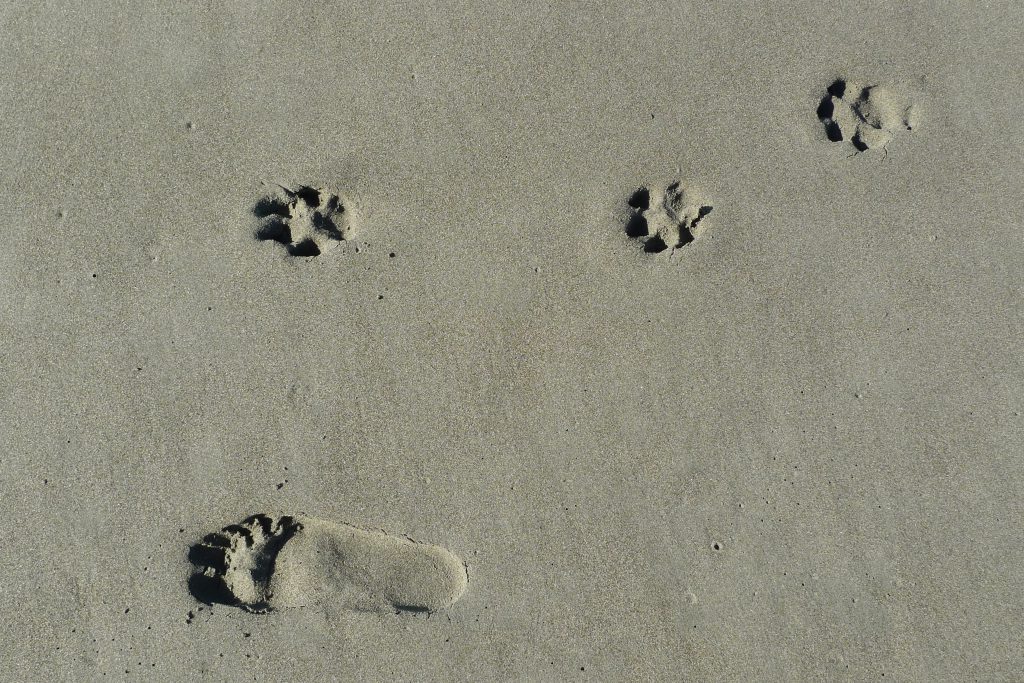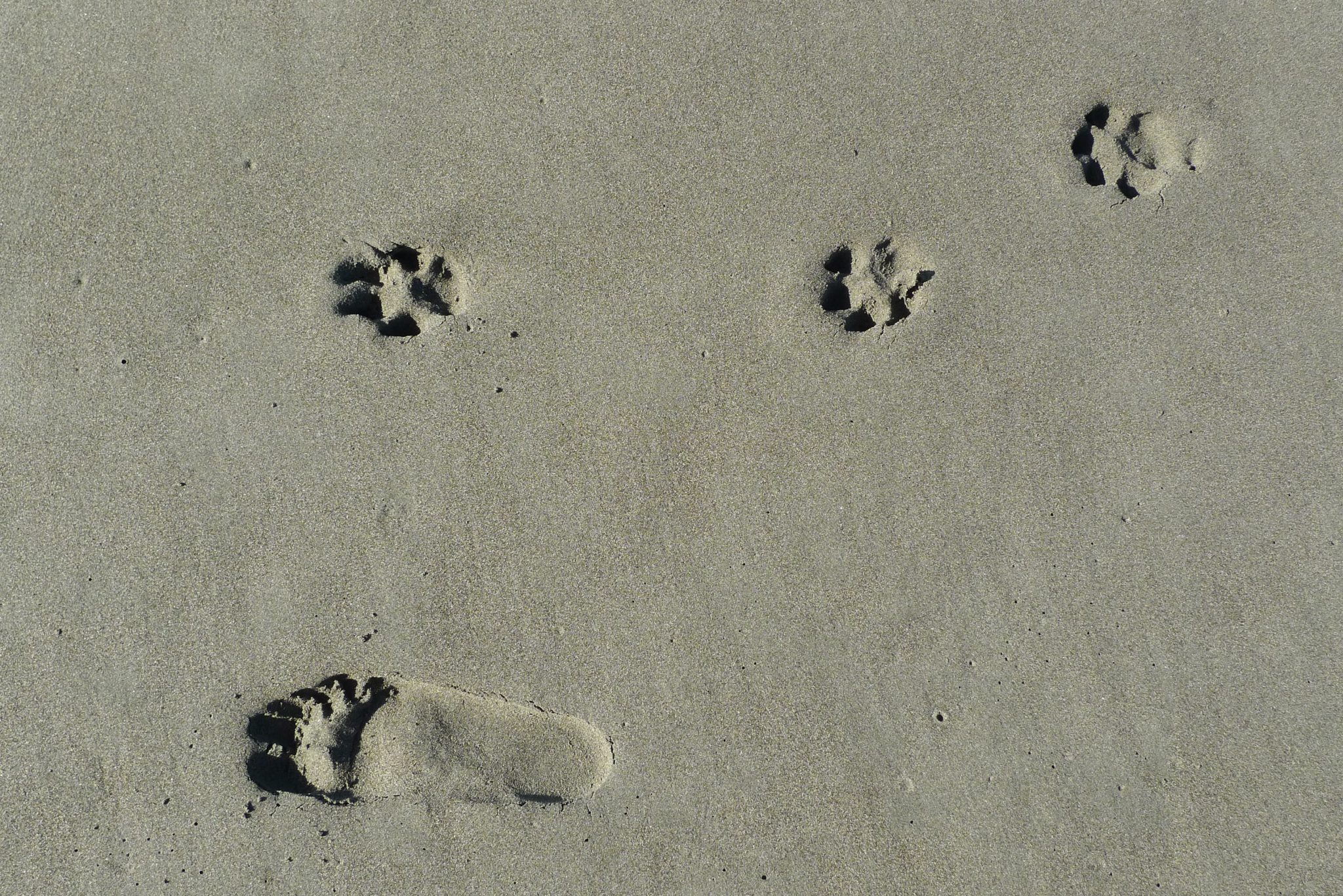How to choose a dog trainer?

So you just got a new puppy. That puppy needs to go be socialized and learn the basic commands. Or you adopted a rescue who had a rough start in life and could really use some obedience training. Or your dog has developed a behavior problem you’d like to fix. You need to find a dog trainer.
Trouble is. There are so many.
Dog training is an unregulated industry. Anyone with a few days of free time can answer a multiple choice test and open for business. There are schools, yes, there’s even a certificate.
But how do you choose a GOOD dog trainer?
Here are my top three tips for choosing a good dog trainer. And don’t let the fact that I AM actually a dog trainer get in the way of my advice. I continue to regularly learn from colleagues in my field, and when I was “just” a dog owner looking for help, I was in the same shoes as you.
1. Ask questions.
Just because someone is an expert doesn’t mean you should take their word for it. A good trainer is happy for the opportunity to share their knowledge.
Here are some suggestions, inspired by my colleague Jean Donaldson:
What’s their favorite new trend in learning and behavior?
A qualified dog trainer should be continually learning and be passionate about new findings. Dog training is a science as much as it is an art.
- What will I get out of this training?
- What will my dog get out of the training?
- How will he know he did something right?
- How will he know he did something wrong?
- Why did the trainer choose these particular consequences for my dogs responses?
If you don’t understand the answer, ask more questions. It’s a science, but not rocket science.
2. Keep in mind : it’s a dog, not a toaster.
Just like you, your dog is a thinking, feeling individual being.
I know you are looking for a dog trainer because you want your dog trained–duh!
But think about what it takes to change behavior for a minute. When you are determined to change your habits and you make a New Year’s resolution–are you immediatley effortlessly jumping out of bed ready to jog 10k?
It’s not that different for your dog. Many things play a role in how quickly your dog will learn a new behavior: How long has he been doing the thing you’d like to change? How used is he to learning new things? How committed are you to teaching him? In other words, it’s individual.
Learning is a process; it’s not a thing you do to someone.
If a trainer promises you quick-fix results through one-size-fits-all techniques, it is very likely he will use some form of intimidation to get a “new” response from your dog. Not only is intimidation a really bad motivator for learning something new, it also relies on the one doing the intimidating. Don’t be fooled. Quick fixes are just that. They rarely last.
3. Listen to your heart.
Learning should be fun and enjoyable for both you and your dog. If you feel bullied or intimidated or anything the trainer suggests you do to your dog feels uncomfortable to you, leave! You are your dog’s guardian, his primary caregiver and most important human relationship. You are his only voice.
Your dog relies on you to keep him safe and guide him. He trusts you. Be your dog’s advocate.
And if you’re ever in the Gers, I would love to meet you and your new puppy, or rescue dog or help you with a problem behavior. I probably won’t be teaching you basic commands, or give you obedience training, or even try to “fix” your dog.
What I will do is help you communicate with your dog in a way that is fun for both of you and help you find the joy in your relationship with your dog so we can come up with solutions to your struggles that are positive for all involved. To do that, I will probably start by asking you a bunch of questions. And I hope you’ll do the same with me.
Have fun playing!
About me
Find out more about what I do or get in touch.


